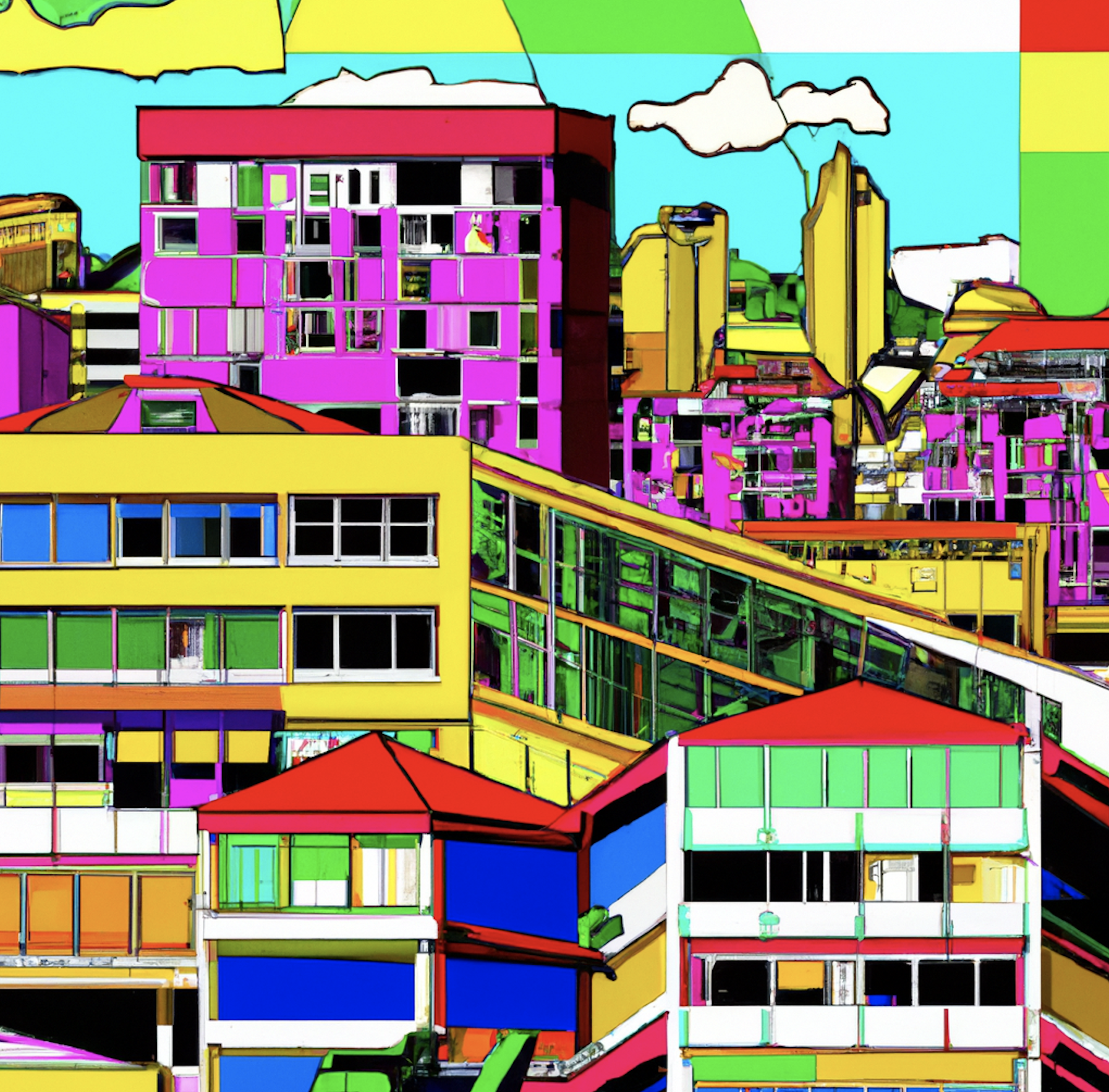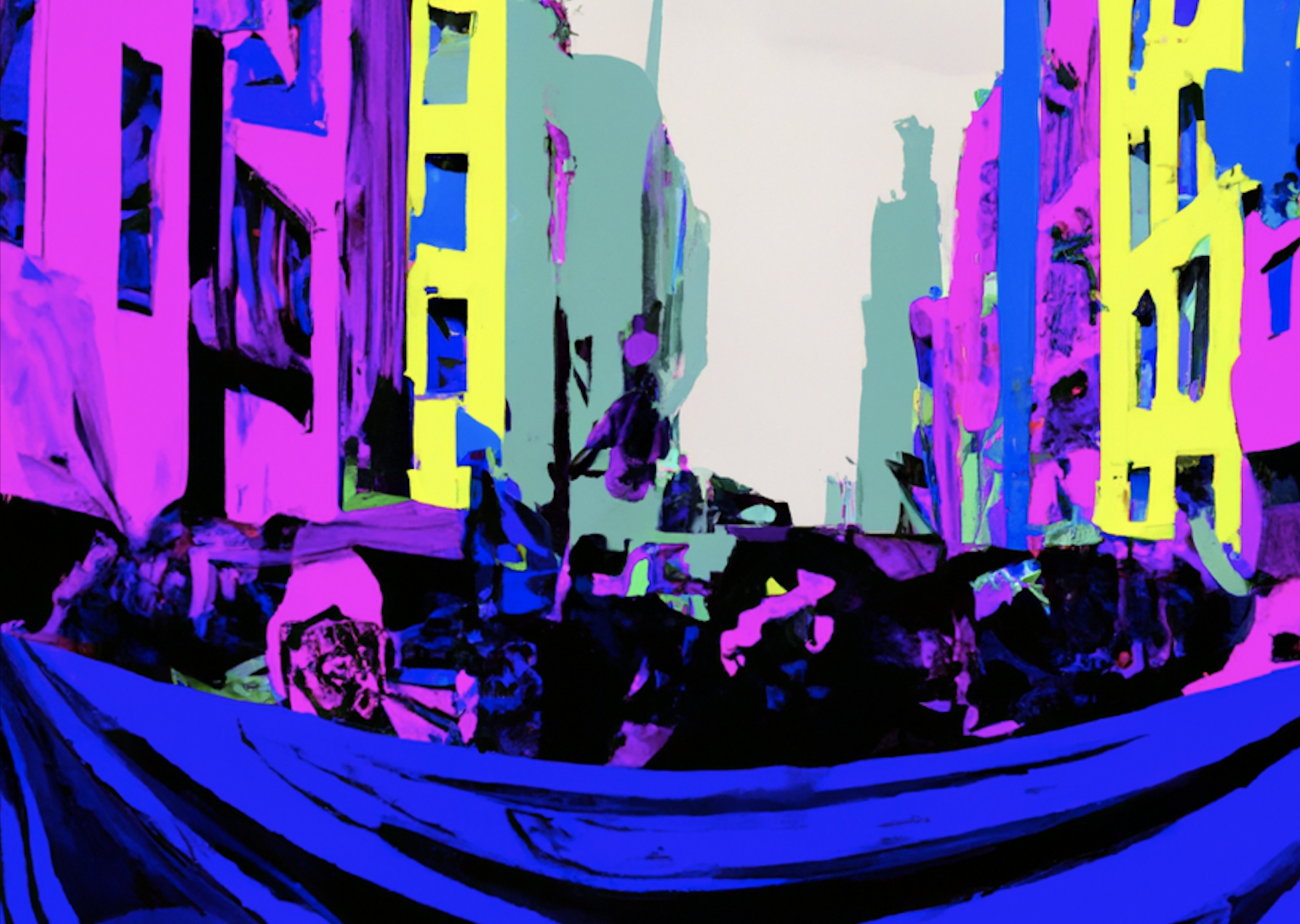by Antonis Vradis
Metronome is the first in a series of short documentaries to be produced as part of the collective research project The City at a Time of Crisis. Based in Athens, Greece the project collective attempts to trace the sweeping changes that continue to be brought about by the recession and crisis as inscribed in the city’s public spaces: from the once-glittering Olympic infrastructures now falling apart, to the ever-shrinking spaces left for the Other, to the spaces of “forced conviviality” (like the metro), Athens is changing… Far from a mere social shake-up as result of the country’s troubled finances, such change by now digs down to the heart of what it means for a space to be public, down to who has the right to be there –– and under what terms: by now, the crisis has come to question the essence of the urban.
Metronome #1, some afterthoughts.
I. The metro is the quintessential blood-line of the metropolis. It traverses it, just like the veins traverse the human body. This, then, becomes one of the fastest rule-of-thumb we have in understanding whether a city holds a metropolitan calibre: is it big enough to have a metro? And so, it seemed perfectly fitting for Athens to acquire its metro system at that exact moment when it had also believed, momentarily, that it gained metropolitan status… the Olympics, the construction boom, the apparent prosperity (for some) –– and the relentless exploitation to match it (for most): somehow, without anyone really ever being able to explain how or why, Athens appeared to be making it; it seemed like it was firmly standing with both feet in the West. For a fleeting moment, Athens had become a Metropolis.
II. The film setting for Metronome is Line 1 of the Athens Metro. A great irony lies here. The line far preceded the Metro (as Ilektrikos, lit. the Electric railway) only to be renamed and merged into the metro system once two more lines were built. It is the epitome of the Athenian grandeur moment, a city’s split-second false consciousness; re-branding, renaming what is already there, and momentarily believing it might be possible to alter content through discourse.
III. Interviewing and filming for Metronome so far has been an experience that is difficult to put into words. It is even difficult to describe what it is that has made the experience so strange. Nothing, I think, would describe this difficulty any better than peoples’ abstract gazes. Only too many people shy away from their surroundings, only too many have conceded defeat. In its original conception, metronome would have tried to say nothing –– to capture that exact nothing-ness of the defeated silences and silenced defeats. Alas, cinematography beat us: how could we ever interestingly capture muted concessions? Instead, we set out to find those who would talk to us.
IV. Metronome was not going to be about race, about the uneasy co-existence of Greeks and migrants in the hybrid space of the metro. When we set out to film, there was no script, and little of an idea of how openly ––and chillingly casual–– the racism we encountered would be. Reaching the end of our filming expedition, we encountered a major moral issue: how do we present the material in a way that does not give racists more space than they already enjoy? How can we do this?
V. Filming and editing are immensely powerful: they allow one to direct and to manipulate the human gaze, forcing it to follow painstakingly precise trajectories. Even the seemingly most “neutral” of takes onto a subject, can never really be so –– and neither is Metronome. But why did we make it? And why did we make it in this way, the seemingly disparate collage of everydayness playing out carriage after carriage? The answer, in the end, is truly simple: there was nothing less, and nothing more, than the desire to articulate the way in which racist and violent sentiments are playing out in these condensed spaces of coexistence: chillingly casual.
Antonis Vradis is a doctoral candidate at LSE Geography, member of the Occupied London collective and alternatives editor of CITY. See also http://blog.occupiedlondon.org/.






